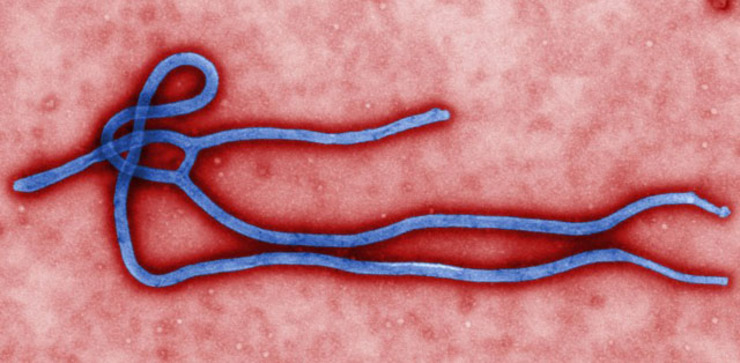SUMMARY
This is AI generated summarization, which may have errors. For context, always refer to the full article.


MANILA, Philippines – The Philippine Overseas Employment Administration (POEA) has suspended the deployment of Overseas Filipino Workers (OFWs) who are returning to Ebola-hit West African countries starting Friday, October 17.
POEA Administrator Hans Cacdac shared this Wednesday, October 22, during the Senate hearing on the country’s preparations for the deadly Ebola virus.
The deployment of workers with new contracts to Guinea, Liberia, and Sierra Leone has been suspended since July, but the suspension of returning workers came after the Department of Foreign Affairs (DFA) announced its plan to raise alert level 3 over the 3 countries “effective mid-November 2014.”
Raising the alert level means voluntary repatriation of Filipinos, with the government shouldering the cost of coming home.
“The POEA shall maintain no processing of returning workers to Guinea, Liberia, and Sierra Leone until proper coordination with DFA and DOH (Department of Health) to ensure documentary requirements for processing provide measures that guarantee OFW protection,” Cacdac said in the advisory issued Friday.

FULL COVERAGE: EBOLA CRISIS
Health Secretary Enrique Ona on Wednesday said there are currently 1,700 OFWs in the 3 countries.
“But we’ve been told there are a good number of undocumented workers,” he added.
Filipino United Nations (UN) peacekeepers from Liberia are also scheduled to arrive on November 10.
In preparation for the return of the OFWs and UN peacekeepers, the health department has identified one referral center for every region in the country, with the Research Institute for Tropical Medicine (RITM) in Muntinlupa City as the National Referral Center for Emerging and Re-emerging Infectious Diseases.
A series of trainings for health workers will also begin October 28.
The Ebola virus, which can be transmitted through bodily fluids, causes severe fever, muscle pain, weakness, vomiting, and diarrhea. In some cases, it also causes organ failure and unstoppable bleeding. It can kill victims in just days.
As of October 14, WHO said the 2014 Ebola outbreak has already killed 4,555 out of 9,216 cases mostly in Guinea, Liberia, and Sierra Leone. (READ: 5 misconceptions about Ebola)
WHO Representative in the Philippines Julie Hall on Tuesday said there is a need to be systematic and meticulous when it comes to Ebola, and the Philippines is doing just that.
Meanwhile, Senator Teofisto “TG” Guingona III, who presided Wednesday’s hearing, said he is satisfied and impressed with the “various facets of Ebola preparedness” shown by DOH and other stakeholders. – Rappler.com
Add a comment
How does this make you feel?
There are no comments yet. Add your comment to start the conversation.